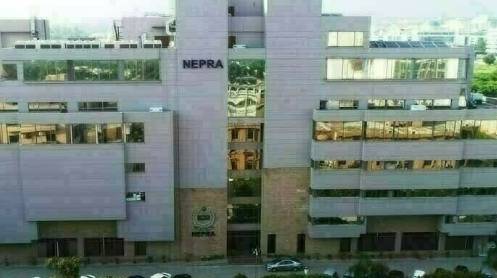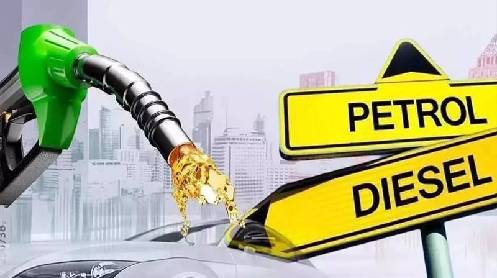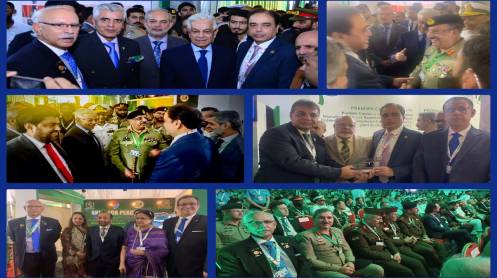ISLAMABAD: The government has launched a New Energy Vehicle (NEV) policy aiming to transition 30% of all new vehicles in Pakistan to electric by 2030. The policy, announced by Industries and Production Minister Rana Tanveer Hussain, includes subsidies, tax breaks, and financing incentives to promote electric vehicles (EVs) and hydrogen-powered transport.
Key measures include subsidies of Rs50,000 for electric motorcycles and Rs200,000 for electric rickshaws, supported by a Rs4 billion allocation. Financing will be available at a reduced 3% KIBOR rate, with consumers paying monthly installments of around Rs9,000—lower than projected fuel savings. Additional initiatives include free electric bikes for 120 top-performing students and duty reductions on EV components to boost local manufacturing.
Major players like China’s BYD Group and Dewan Motors have secured licenses to manufacture EVs in Pakistan, signaling a push toward greener transportation.
While the government asserts the NEV policy will reduce dependence on costly fuel imports and curb pollution, the Pakistan Automotive Manufacturers Association (PAMA) has expressed concerns. PAMA warns that the preferential treatment for completely built units (CBUs) could harm the local auto industry. It has recommended imposing restrictions on CBU imports, extending existing hybrid electric vehicle (HEV) policies, and mandating local manufacturing commitments for foreign companies.
At COP29, Communications Minister Abdul Aleem Khan highlighted plans to establish 3,000 EV charging stations and introduce biomethane hybrid buses, with Karachi leading the initiative. These efforts, he said, are essential for tackling urban pollution and adapting to population growth.
The NEV policy marks a significant step in reshaping Pakistan’s auto sector and advancing sustainable urban mobility.
Story by Kalbe Ali





